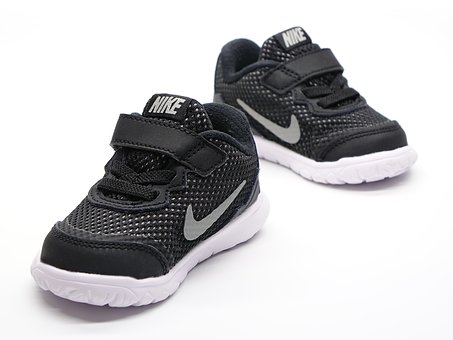Whatever your view may be on the emerging ‘gig’ economy, it is changing the way in which businesses source, manage and engage with candidates. Flexible working when it suits the worker is great, and it’s on the rise.
The gig economy will take over our workplaces…
This meant that at last count, there were over 5 million people registered as self-employed, accounting for 1 in 6 of the UK workforce, and it doesn’t stop there – this is expected to rise even further. The benefit of the ‘gig’ economy is that it allows individuals with particular skills to take on work that they are perfectly matched to do, allows for a greater mobility of employment as that elusive perfect candidate is tied up for less time, and allows the employer to easily fill a skills gap.

An example of a company tapping into the gig economy is Price Waterhouse Cooper with their ‘Talent Exchange’, where you provide your CV and work availability, and they match you to any upcoming projects that fit your skill set. Surely this is a win-win for both freelancer and employer?
How can recruiters adapt to the ‘gig’ economy?
-
The ability to tap into a wider talent pool – Digital technology has meant that you can work from anywhere, so the perfect candidate no longer needs to live within reasonable travel distance of the work place. Working remotely is the new hot desking.
-
Strong branding – The flipside of the ‘gig’ economy is that when you’re recruiting in a wider pool of candidates, you will face more competition with other recruiters, especially where remote working is involved as they won’t even be local competition. Having a clear brand and promoting this brand well will be key.

-
Flexibility in recruiting – As the name suggests a ‘gig’ is a temporary contract, recruiters will need to get candidates through the recruitment process quickly and efficiently to keep up with changing contracts and the volume of hires.
-
Excellent knowledge of candidates – ‘gig’ recruiting will mean that recruiters need to match a particular candidate with a very specific role as the skill set required will be very niche to that role. Therefore, keeping clear records of candidates and their specialities will be important in order to compete with other recruiters.

-
Focus on digital channels – For speed of recruitment we need to be fully utilising digital resources. Innovative use of social media will be key, utilising platforms such as Snapchat, Instagram and Facebook Stories to showcase your company brand and reach millennials.
-
Focus on feedback – Many customer facing ‘gigs’ will provide a candidate with feedback. As recruiters, we will need to incorporate this into a candidate’s pitch to an employer as this is a real measure of a candidate’s ability to perform the role.
Consequences of not adapting to the ‘gig’ economy
If recruiters don’t adapt to the ‘gig’ economy they run the risk of falling behind their forward thinking colleagues. It’s not a case of if, it’s when the ‘gig’ economy begins to take over traditional work contracts. Without the correct processes in place, such as digital skills, excellent branding and in depth knowledge of your candidates, you will struggle to adapt to the ‘gig’ way of doing things.


